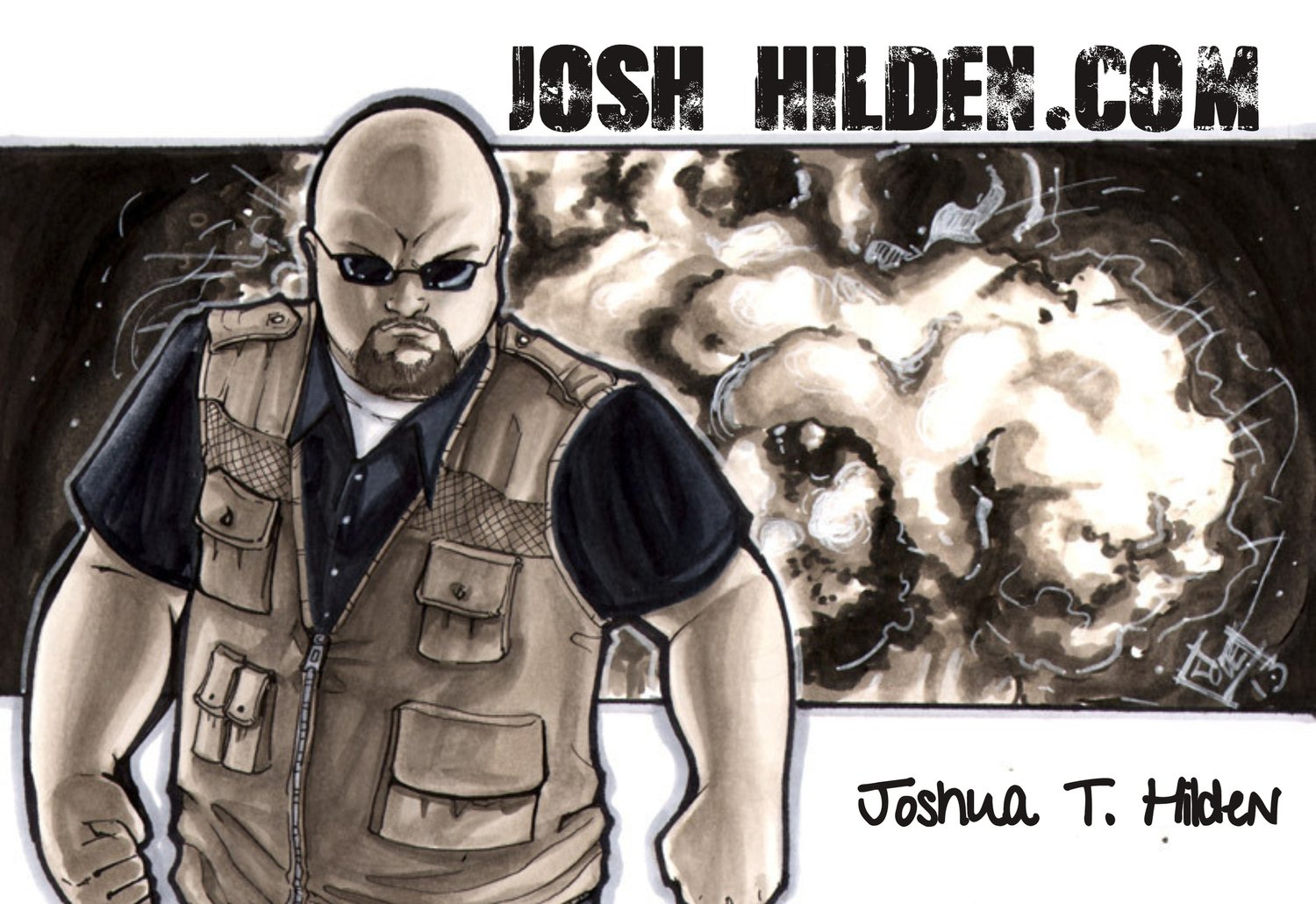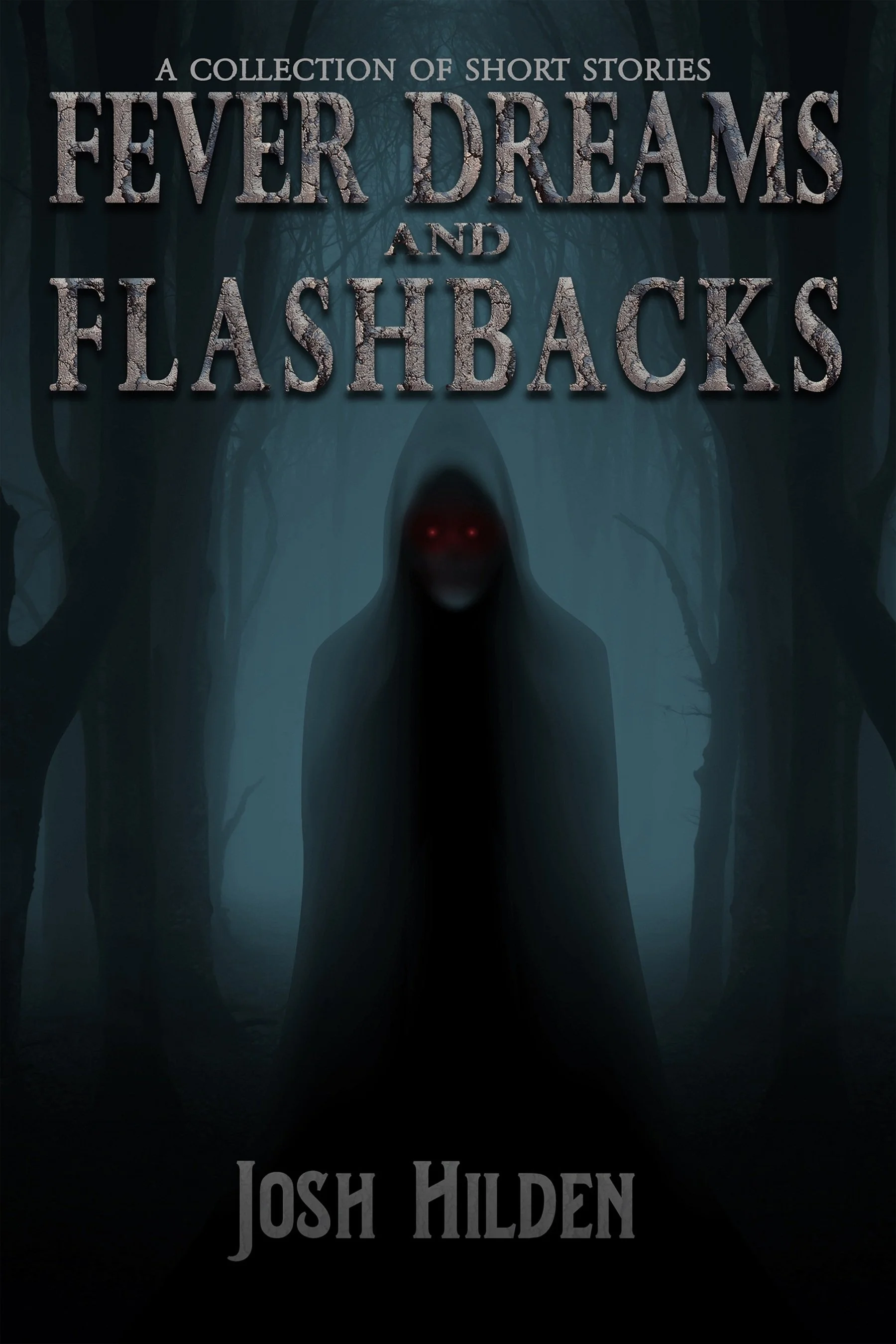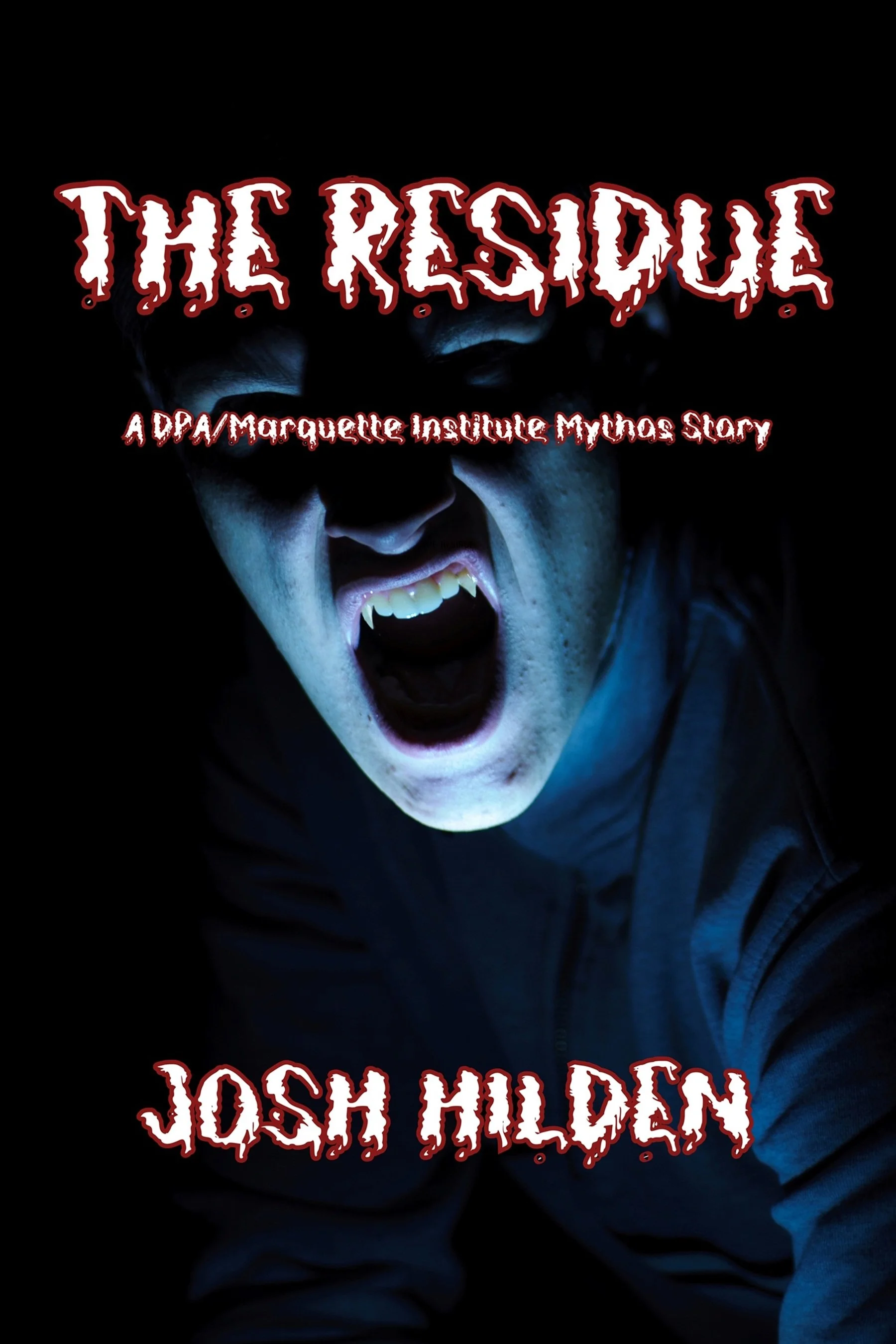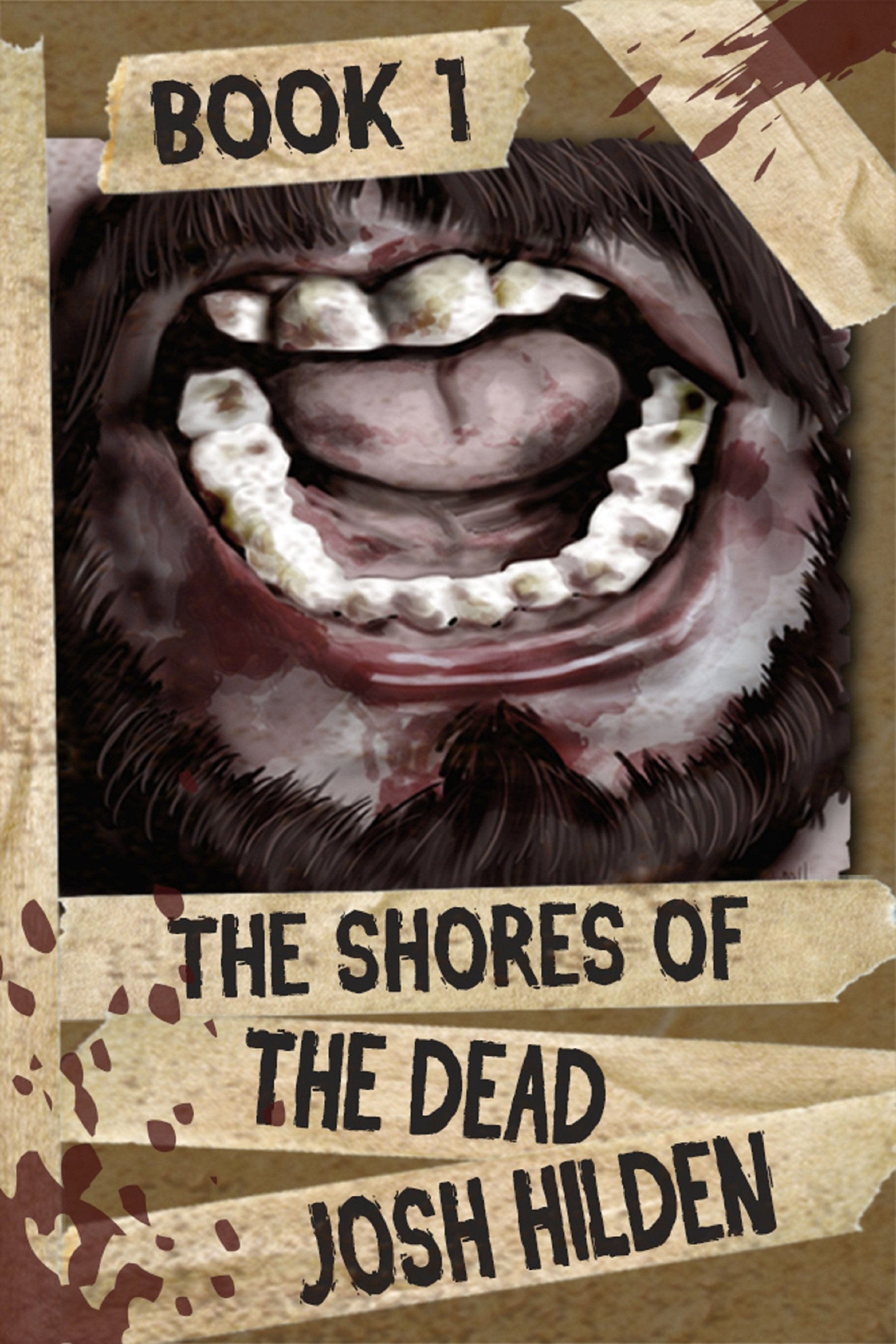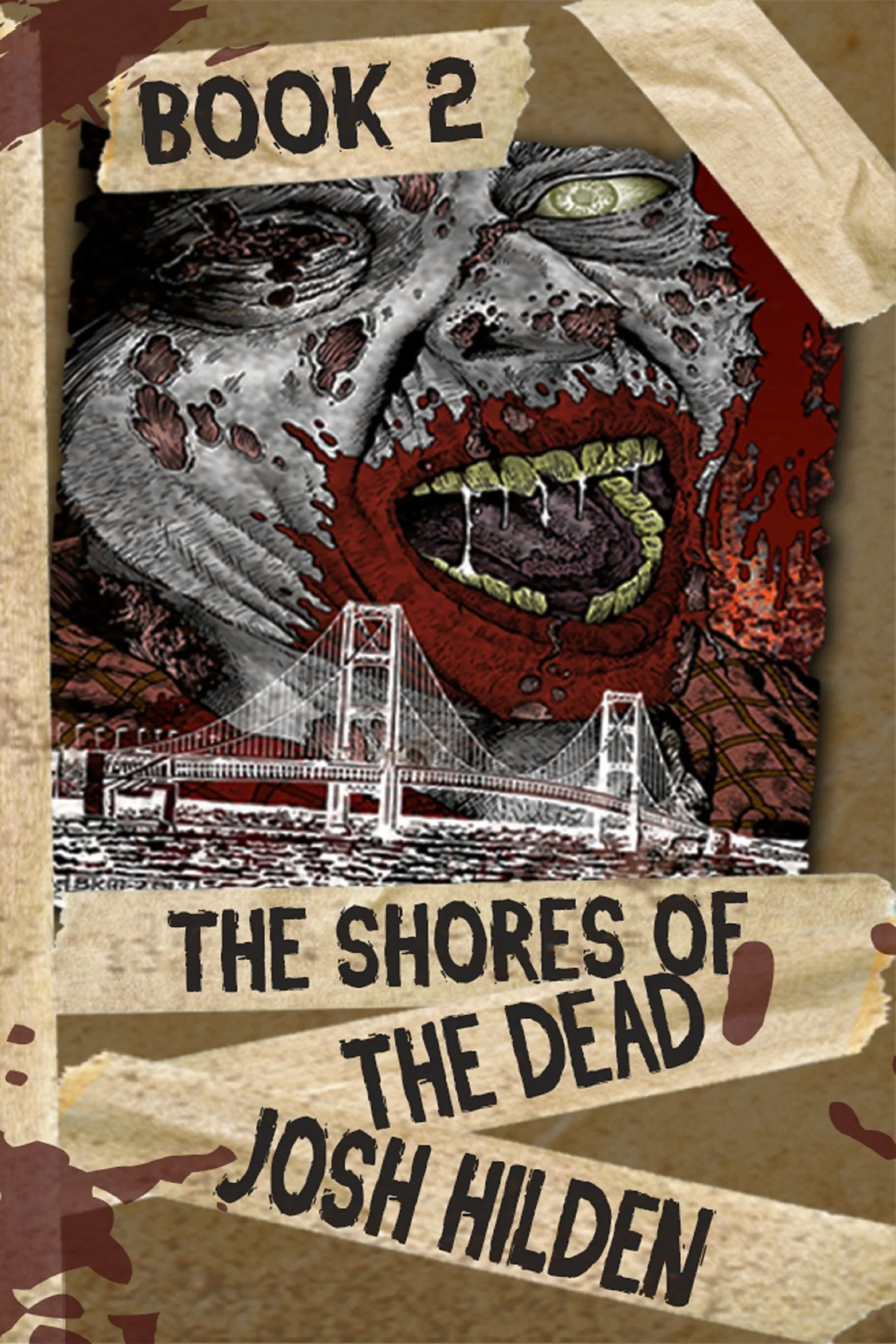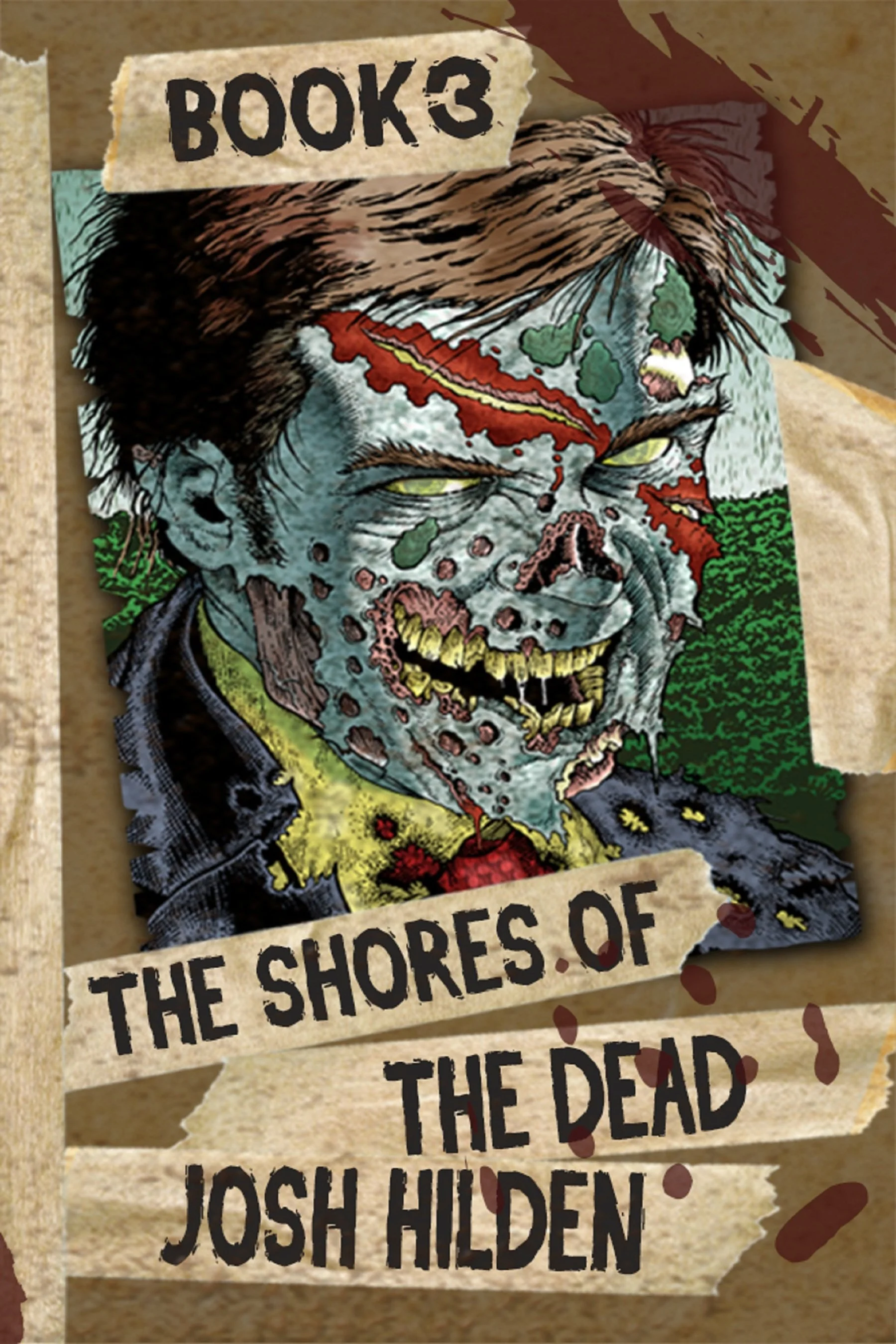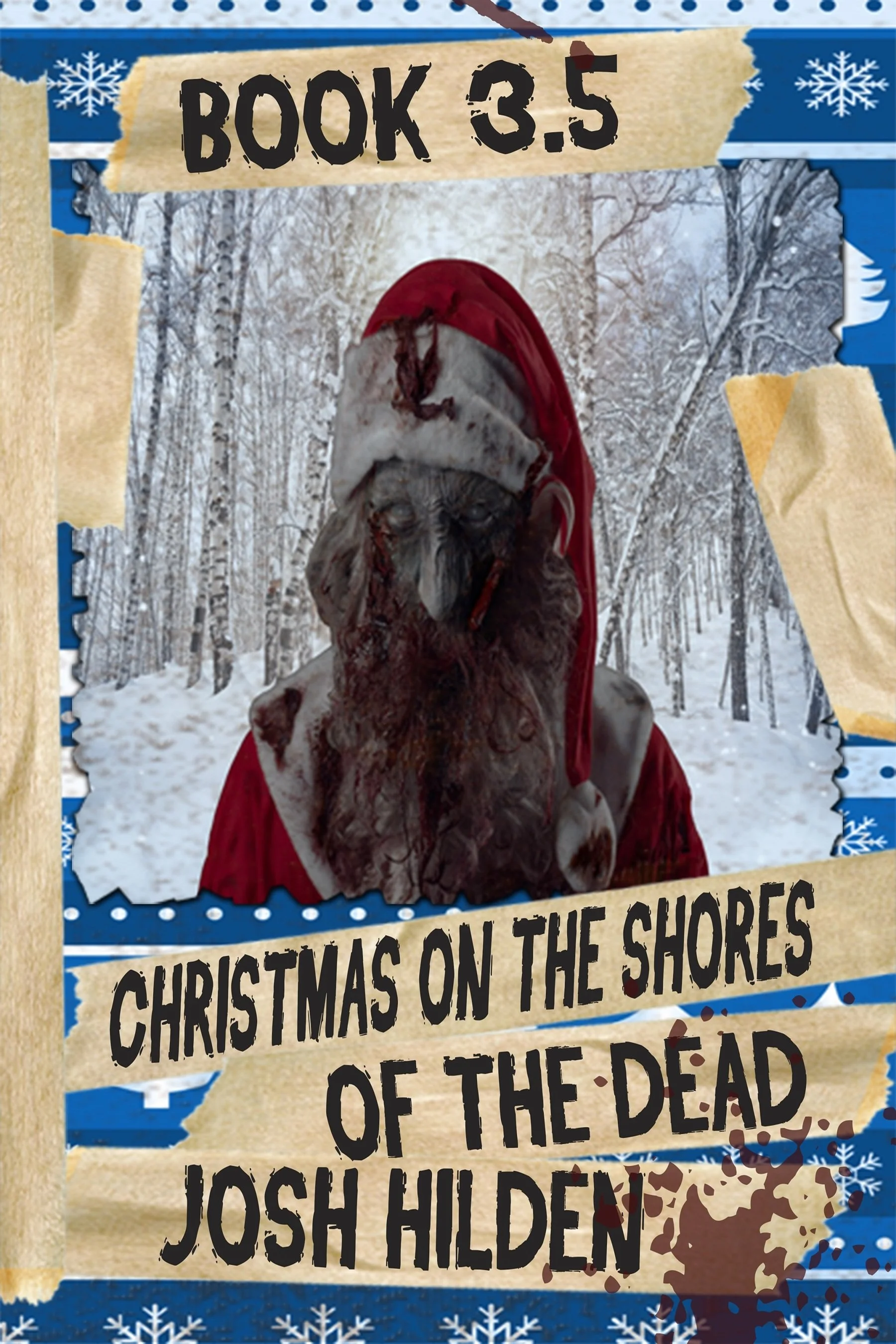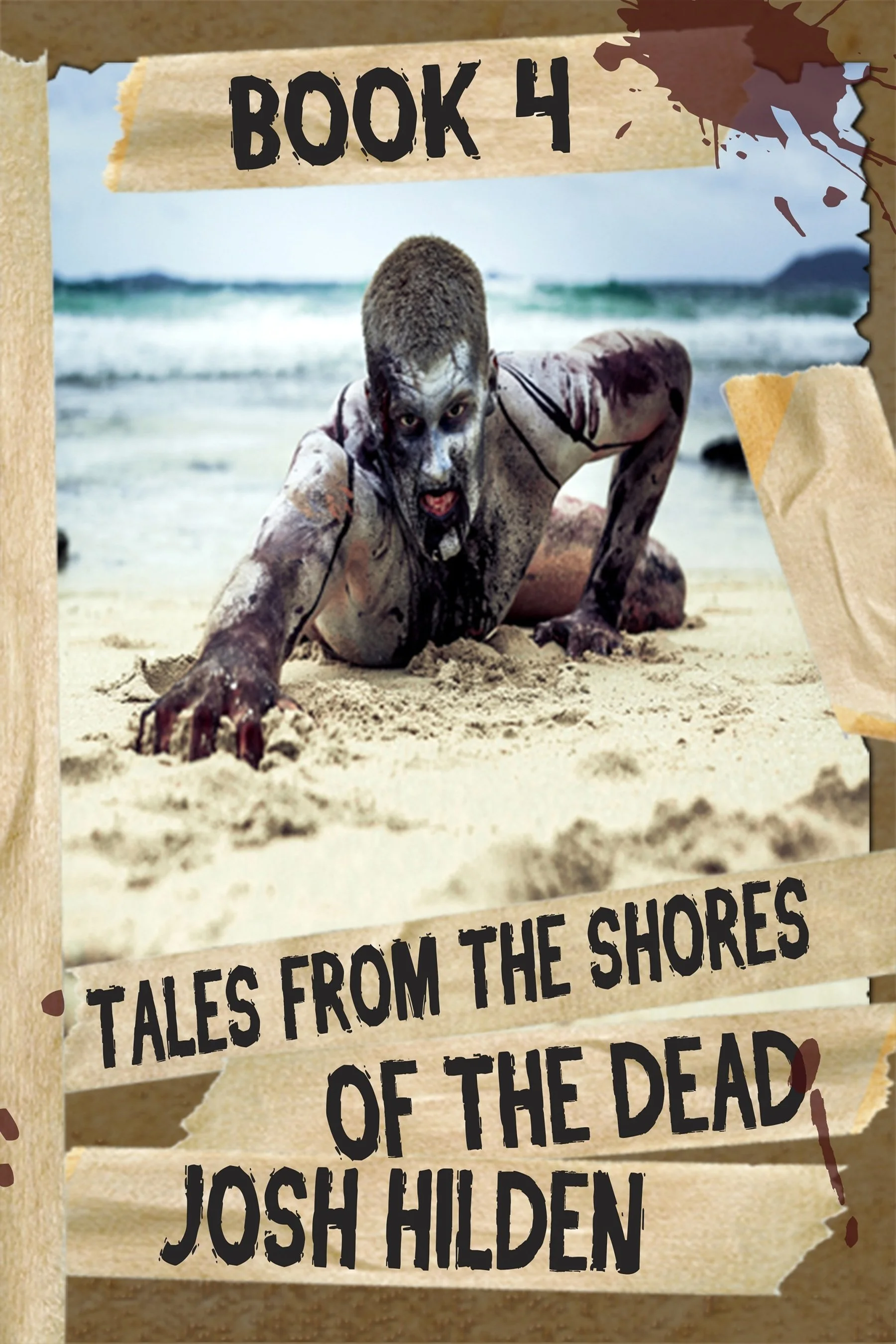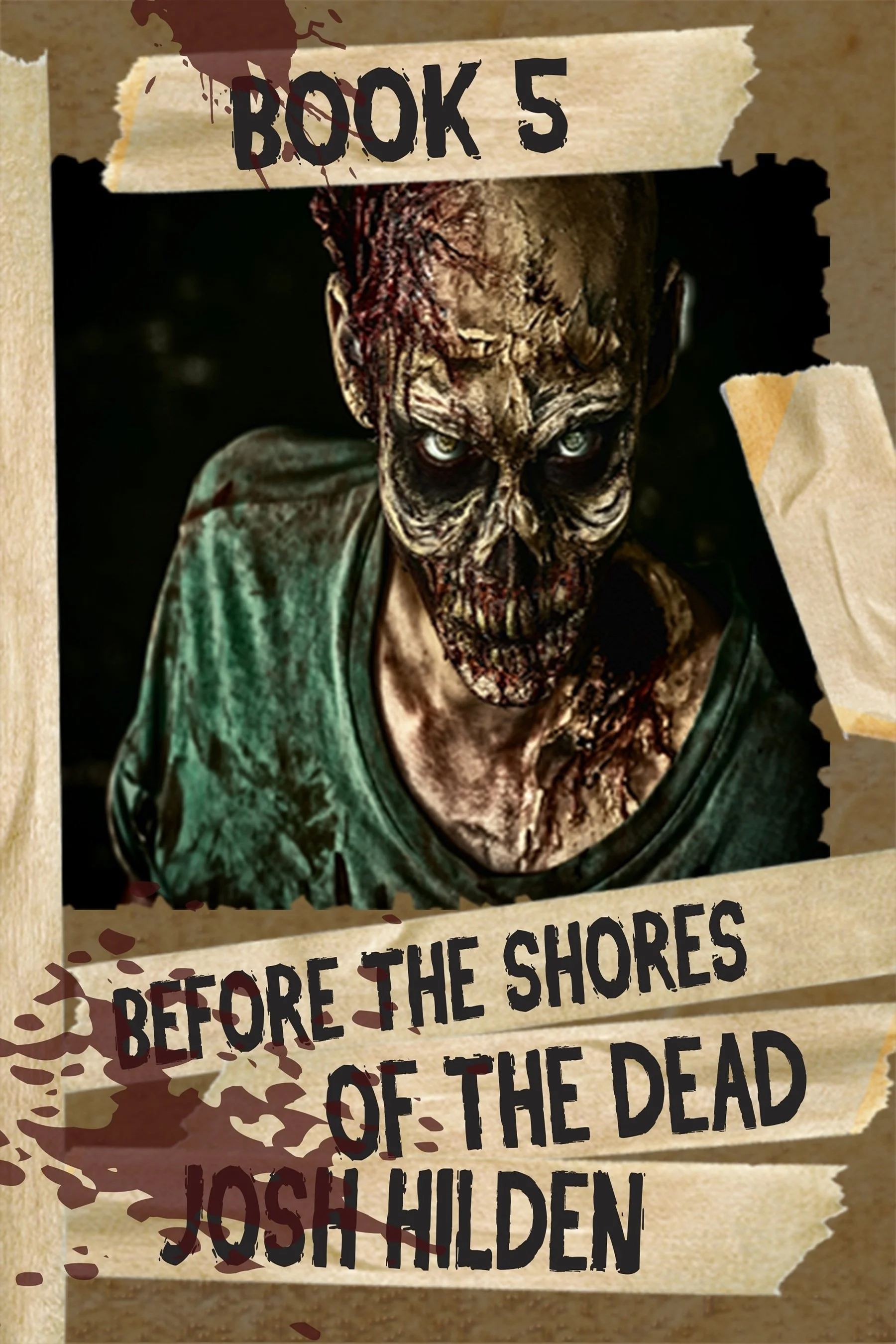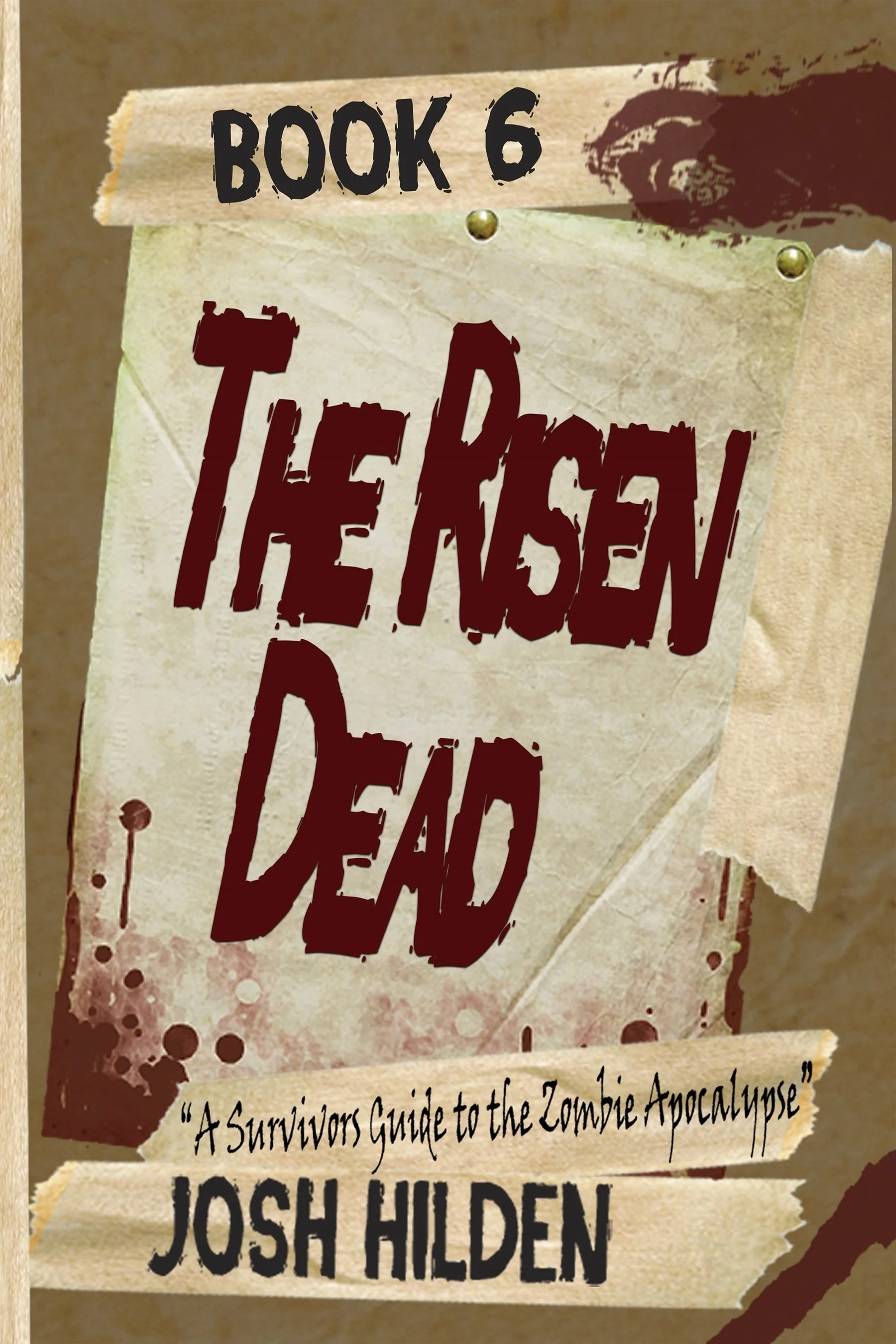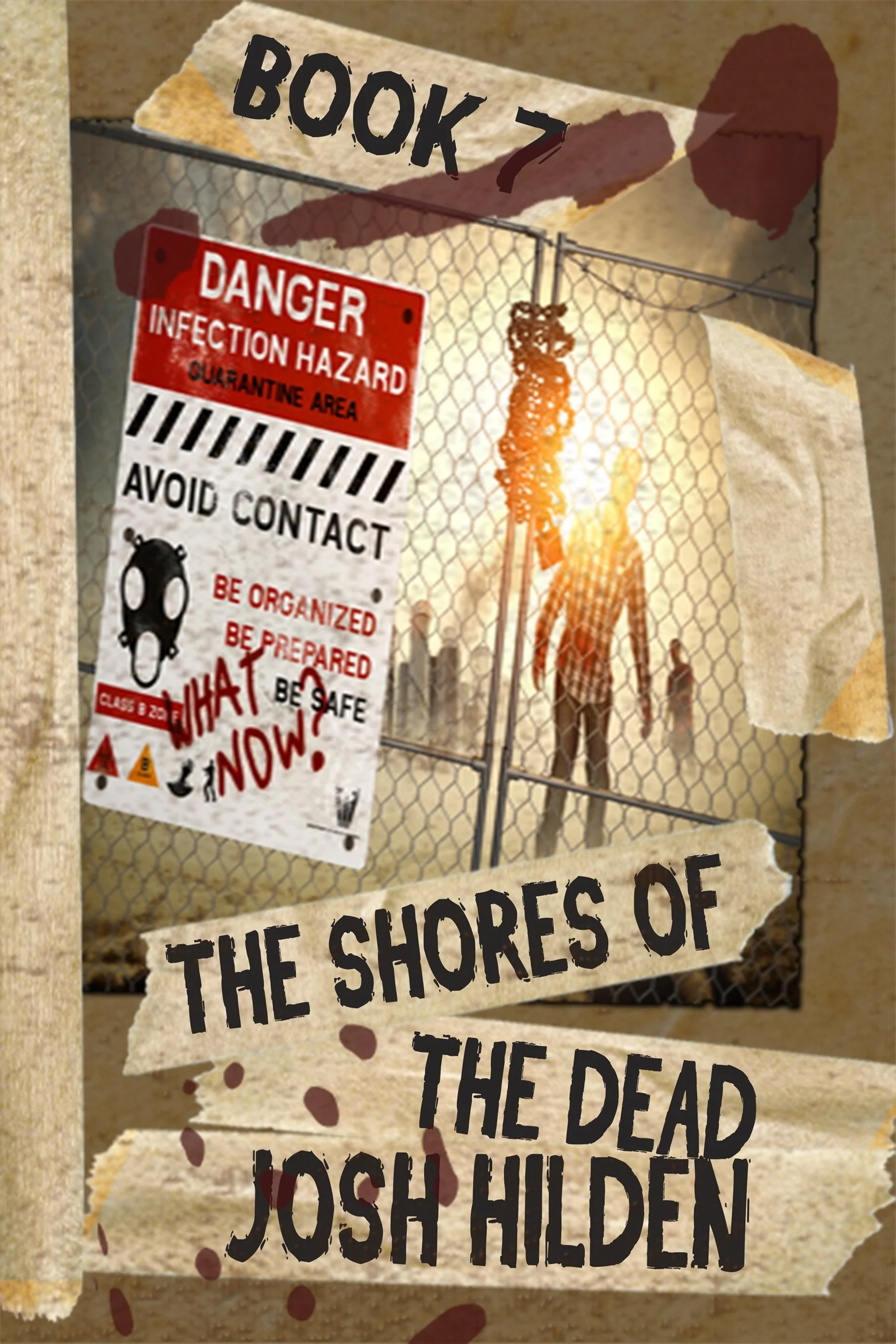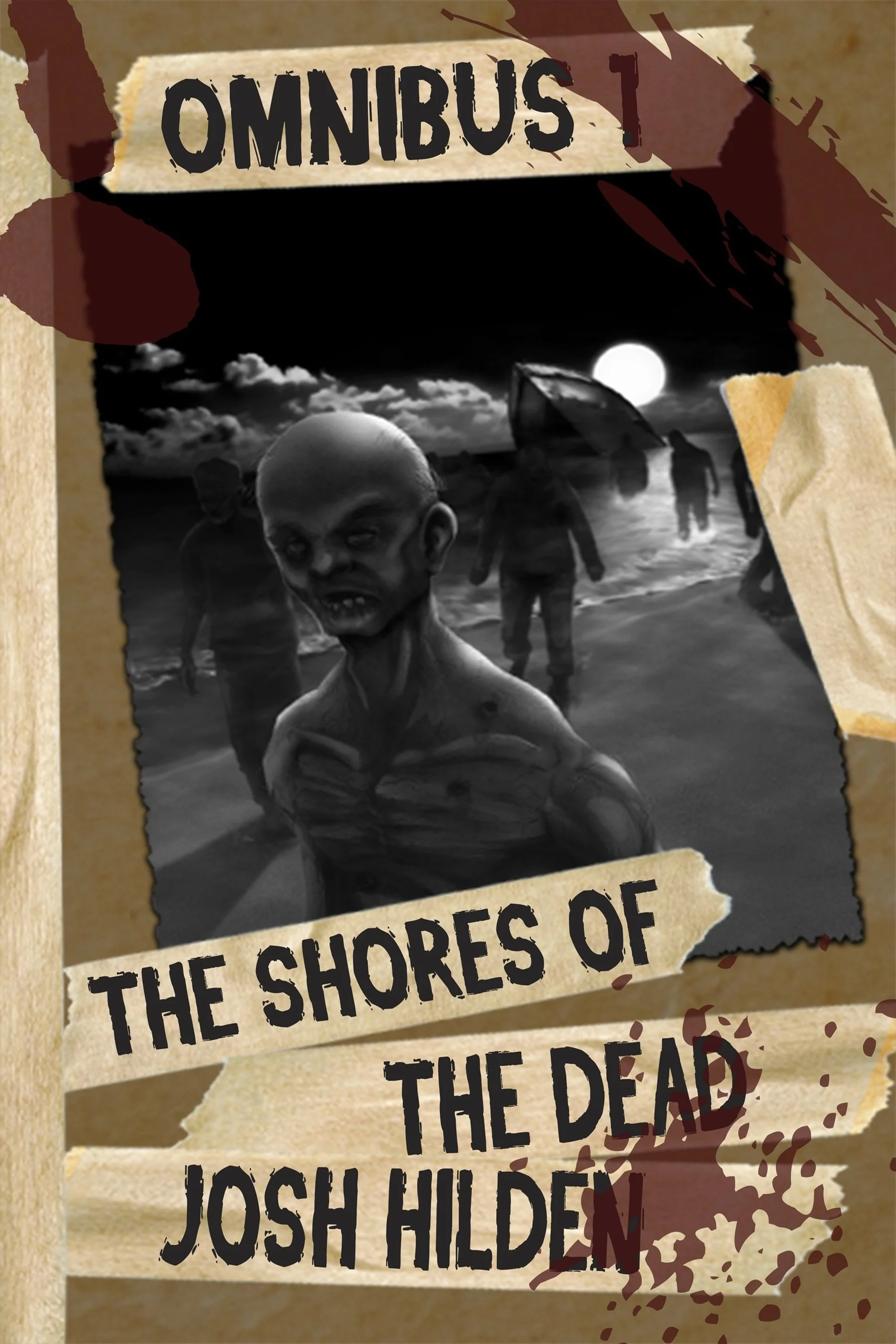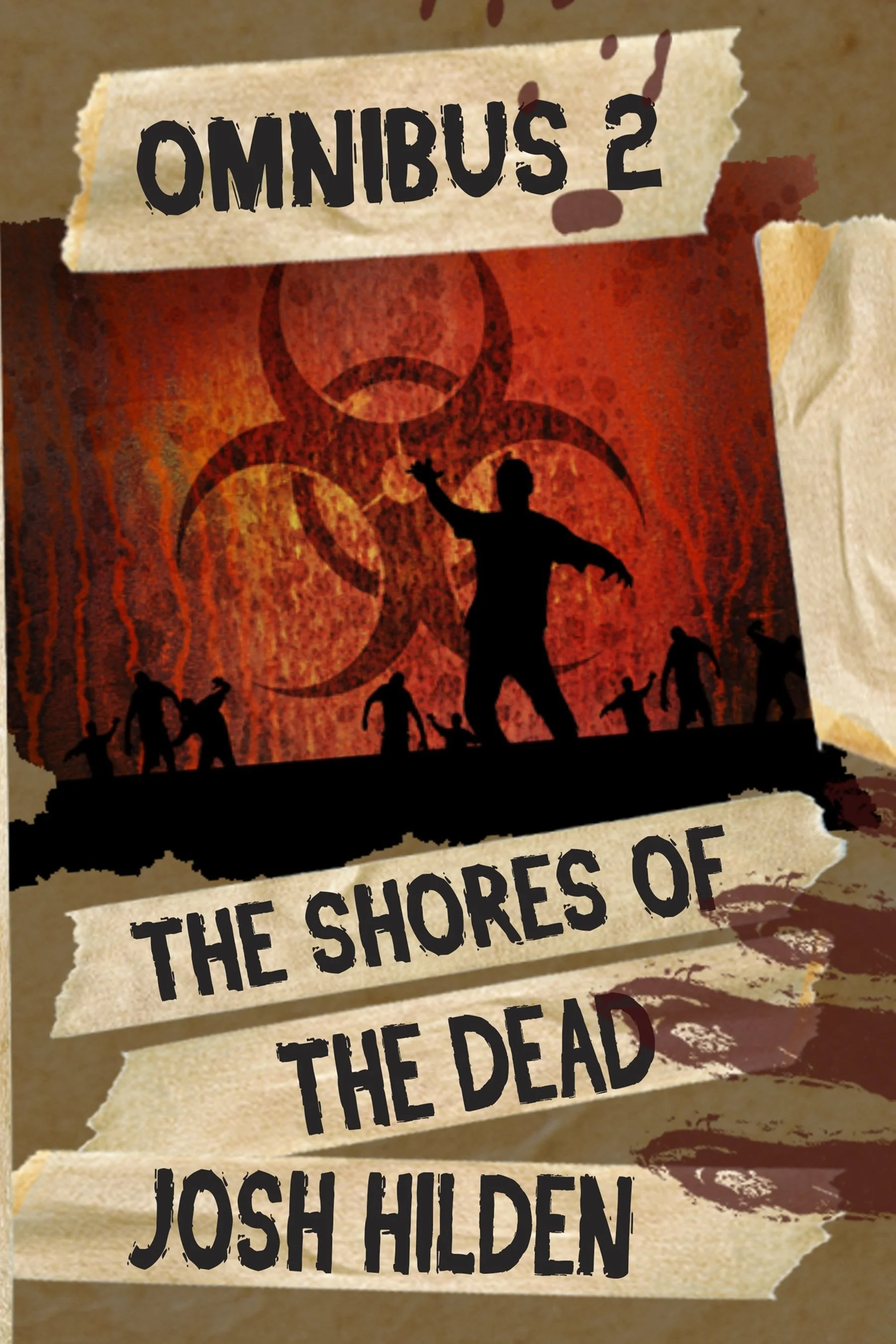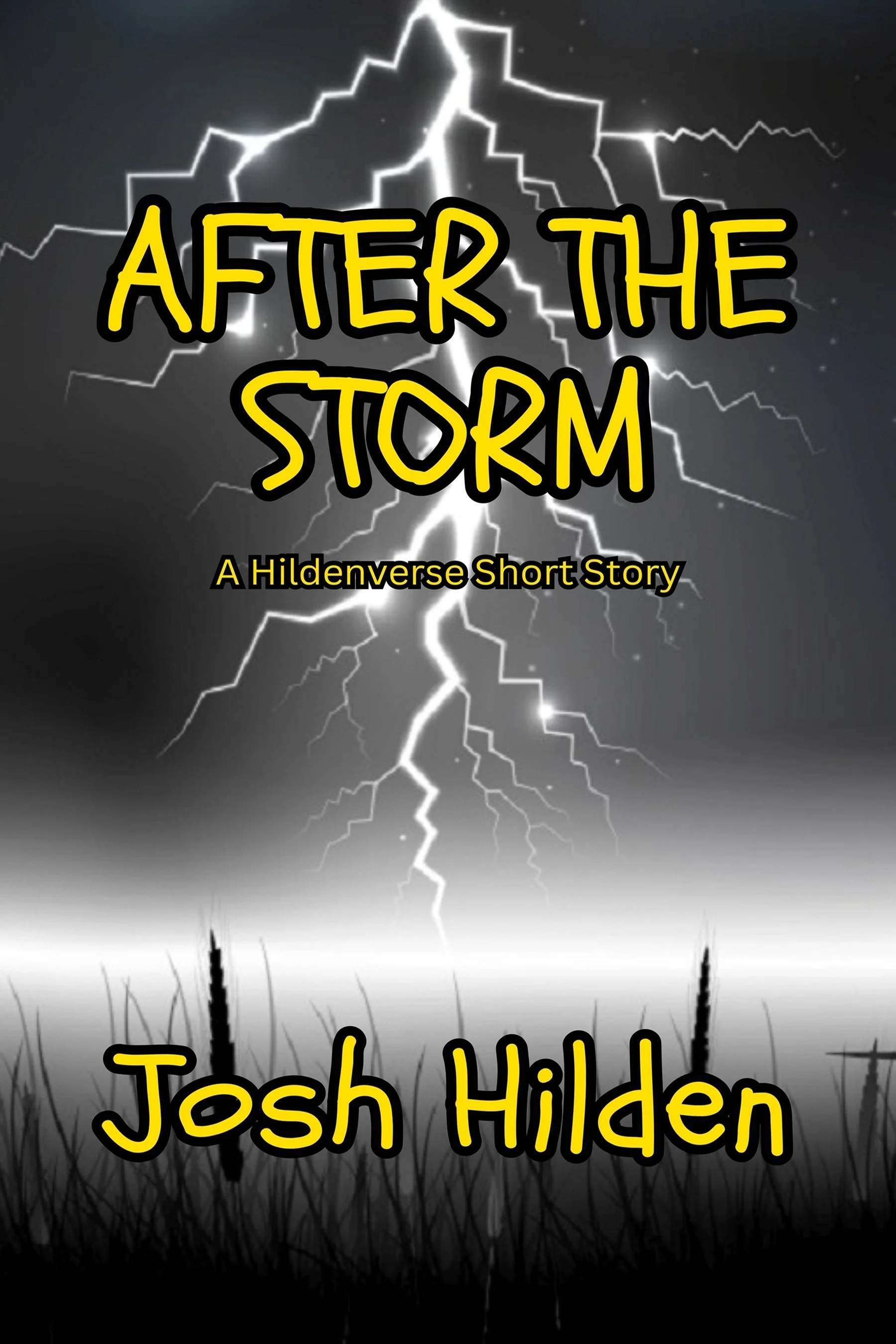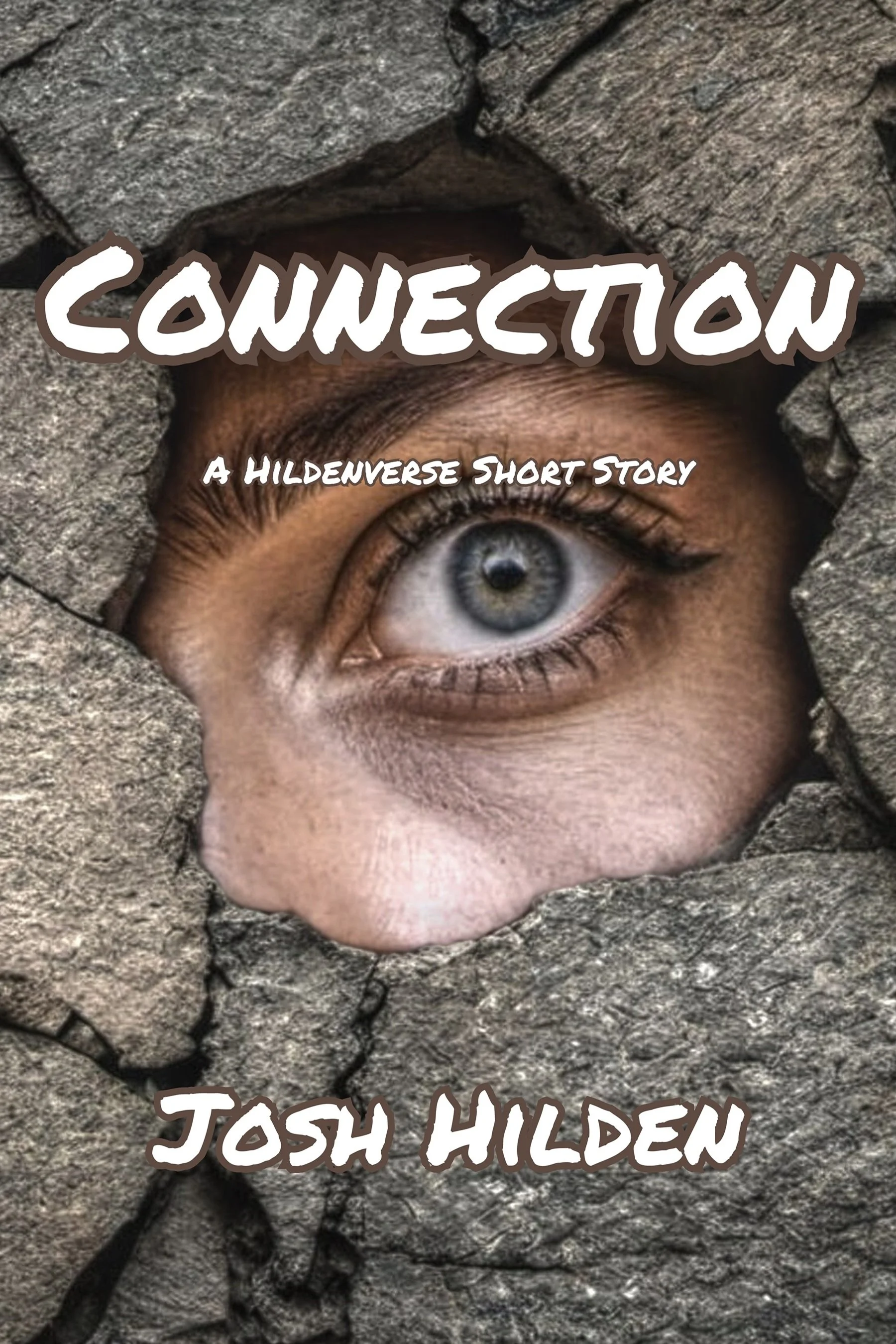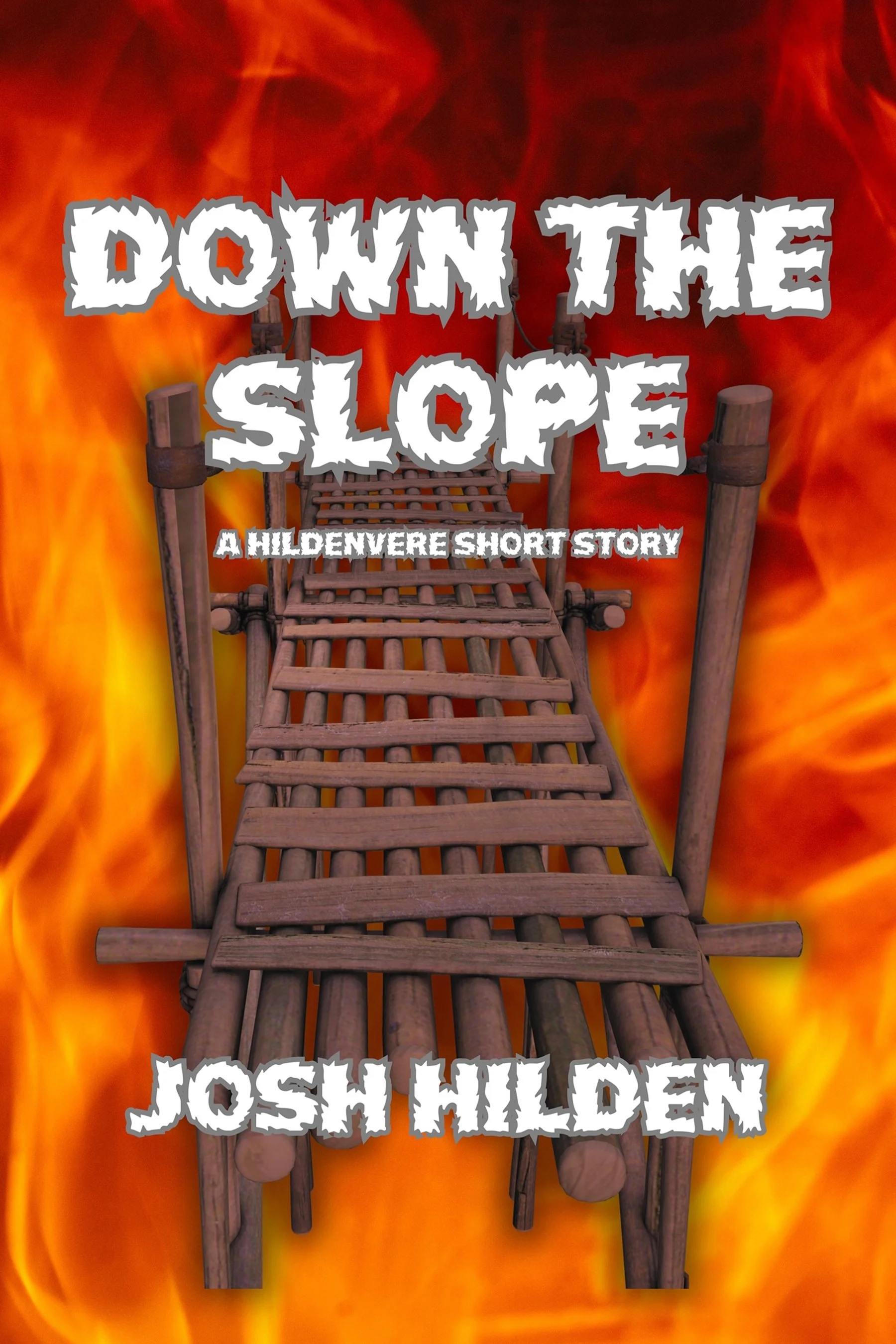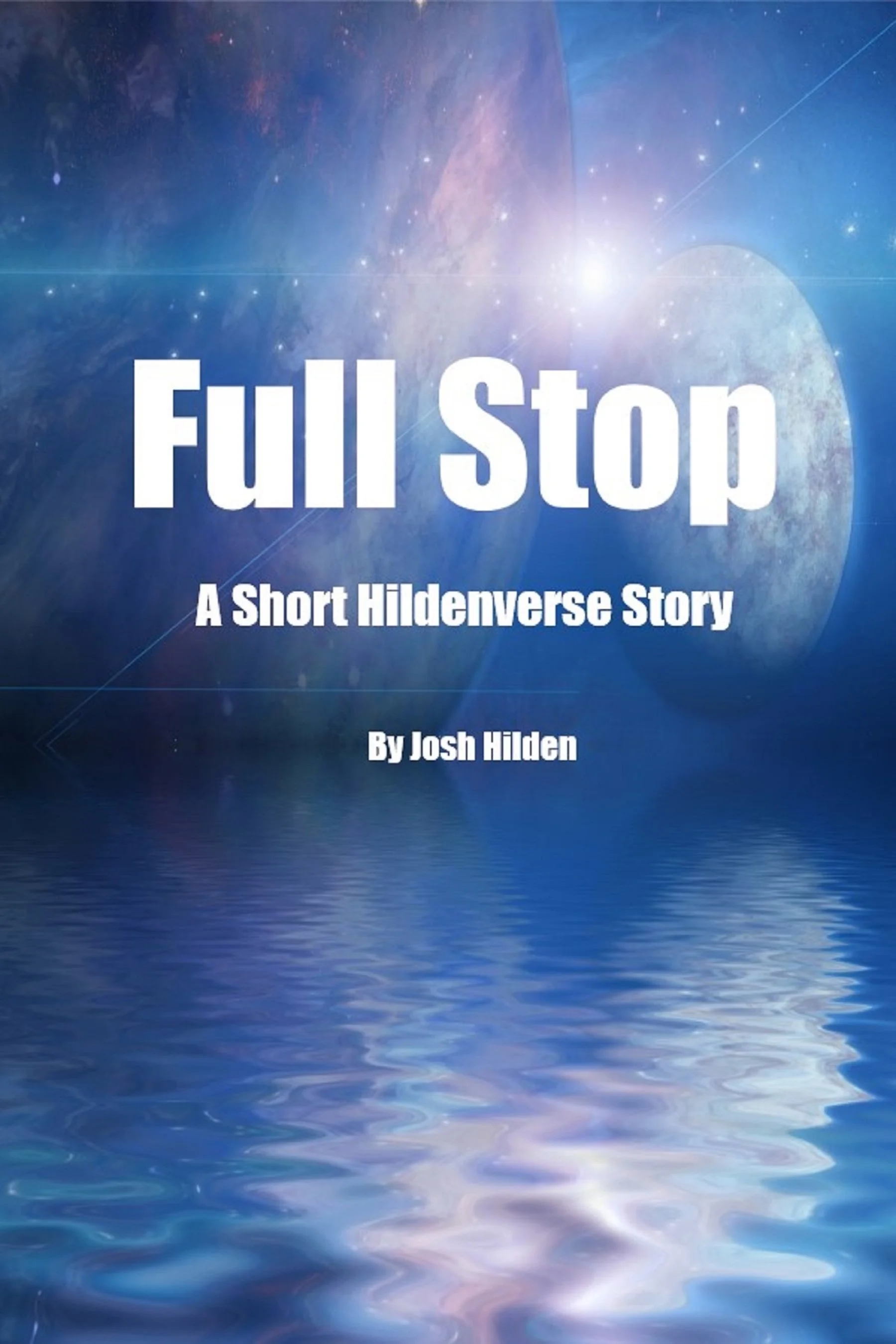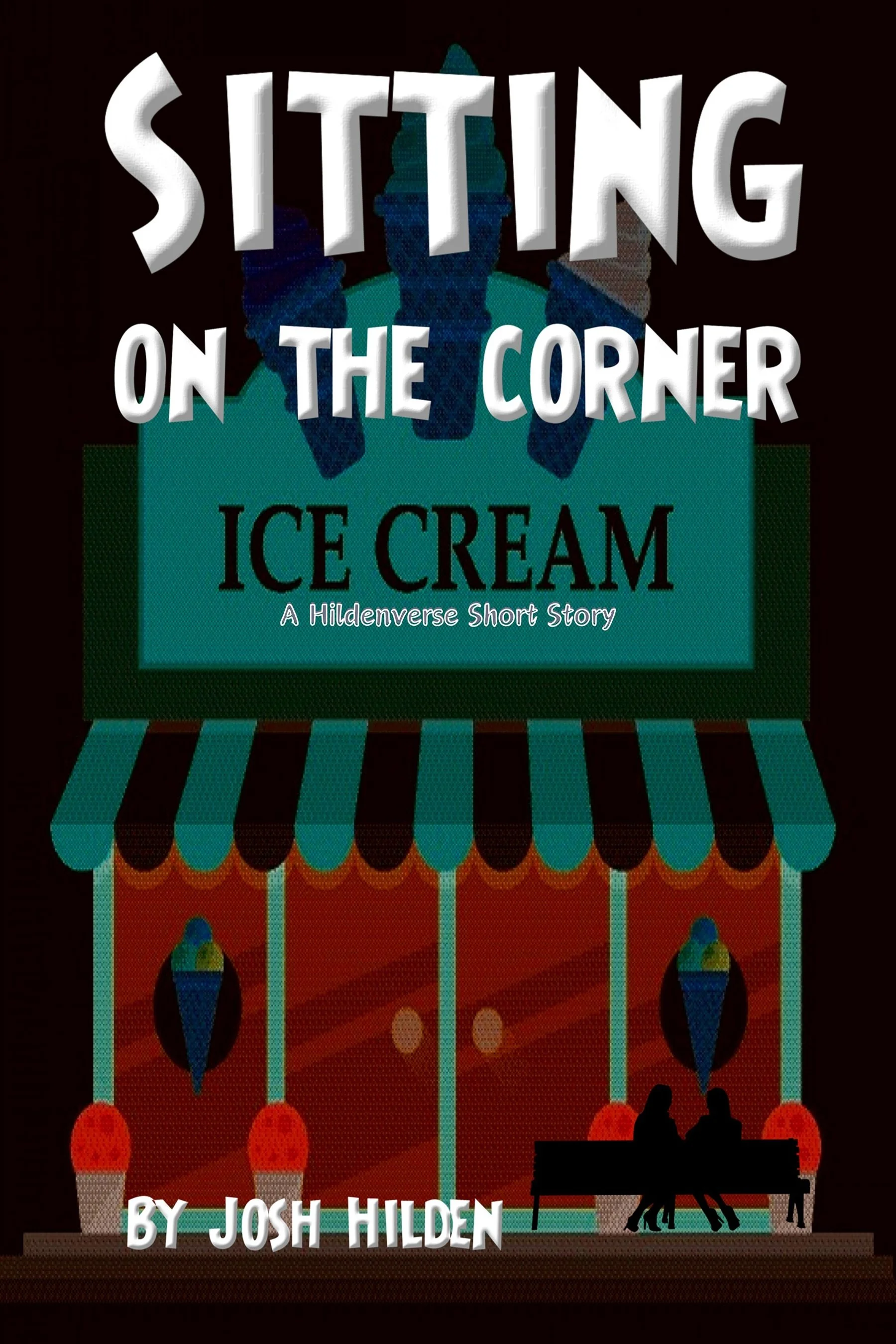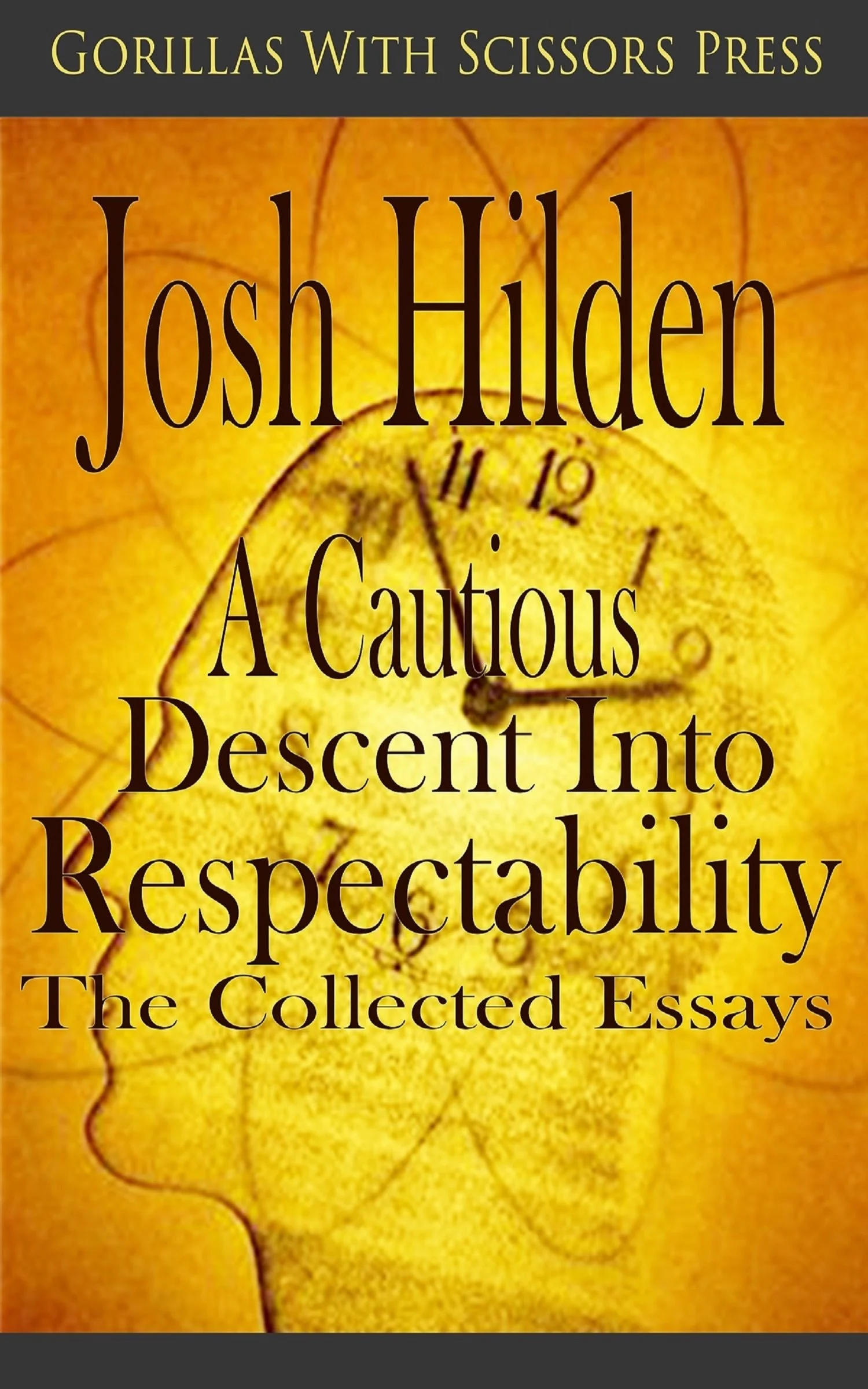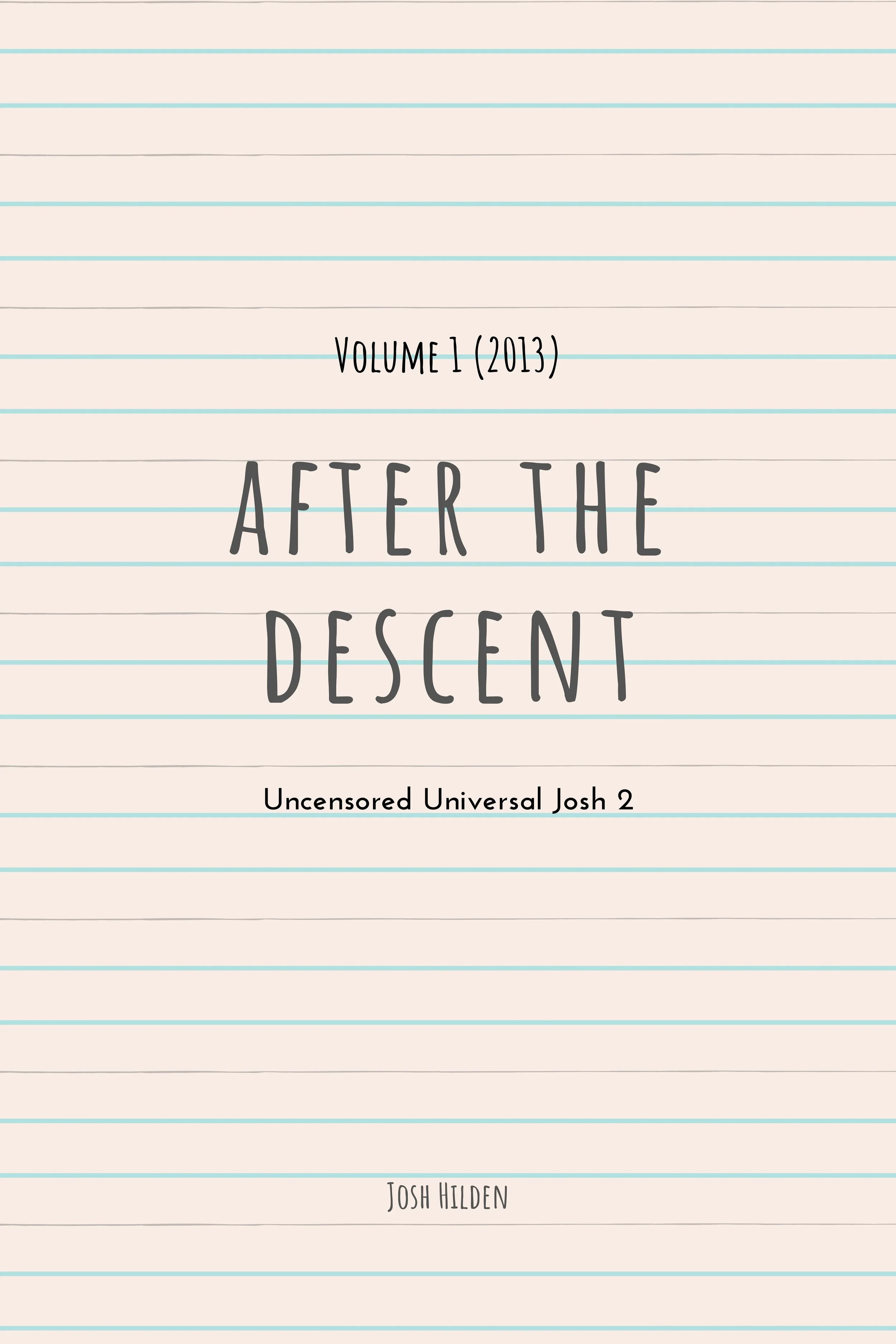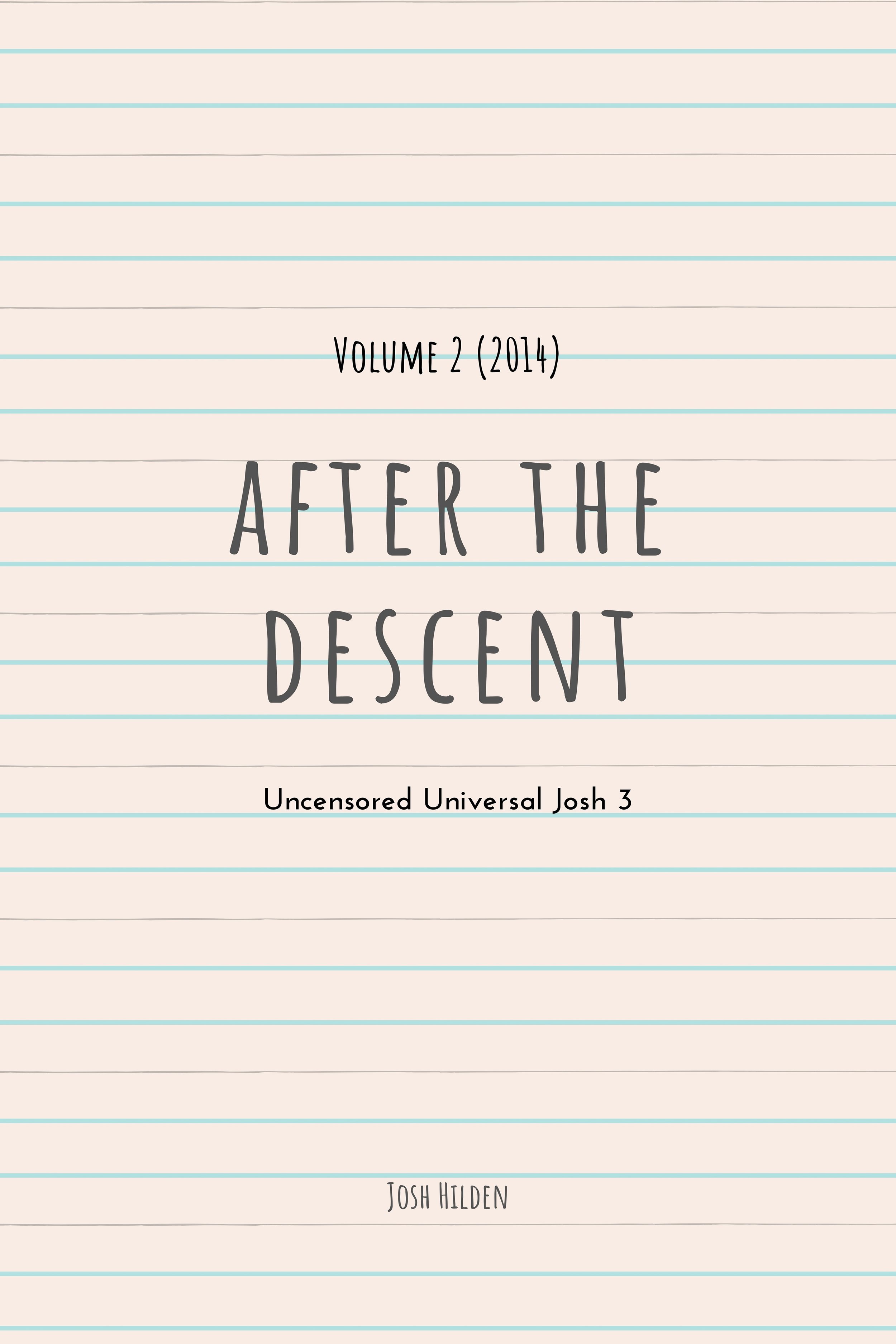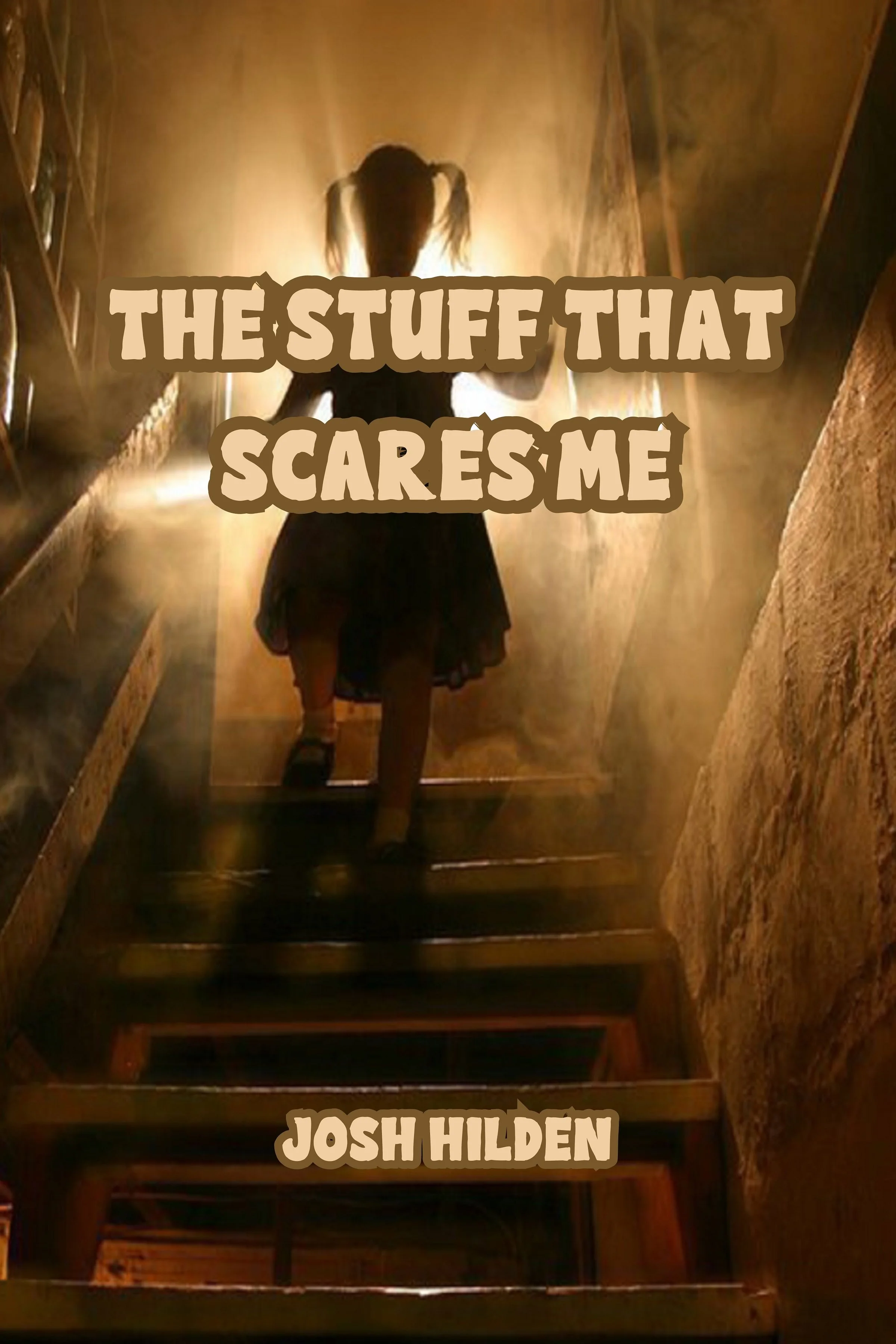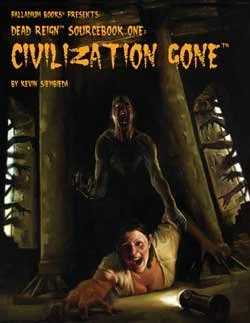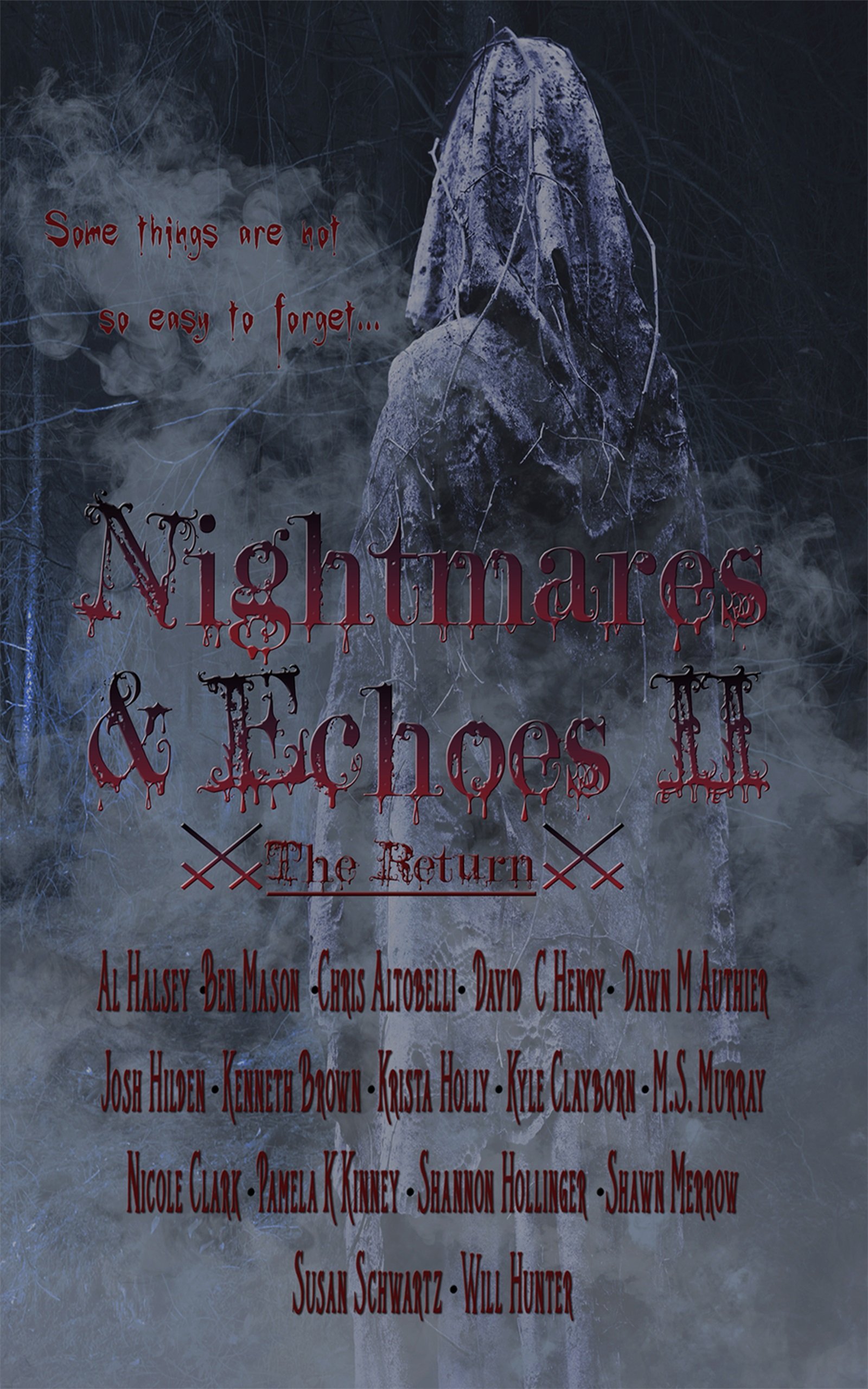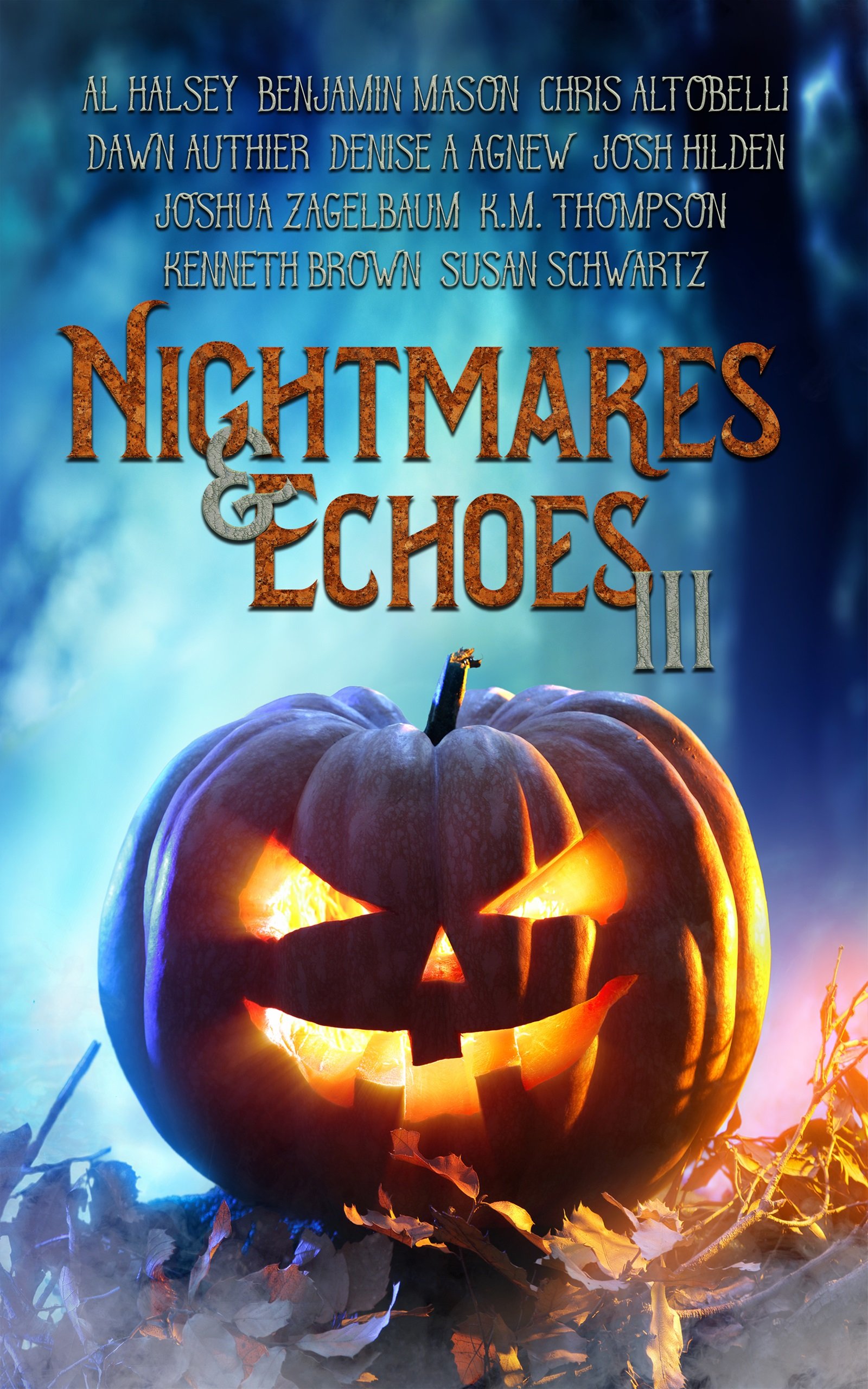Advice to New Writers #2: Putting some Flesh on the Bones (Part 1 – Growing the Tale)
/Now that you have that idea contained (outline, notes, short story, or hieroglyphic tattoos on a homeless person) the next step is to grow the idea like one of those “Friendship Bread” starters.
Have you ever had one of those things?
When I was a kid my Step-Monster received one as a gift. She cared for it, she nurtured it, and she made loaf after loaf of admittedly delicious bread. The problem came with the ratio of loafs to growth. For every loaf she made there were three samples that needed to be baked or given away. The thing was a monster hat never stopped growing. It was a demon spawning Solo Cup after red Solo Cup of growing ooze into every open space of the kitchen.
It was scary and irresistible, I could not ignore it.
Finally, like all horrible yet wonderful things, it came to an end. The Step-Monster baked as many as she could and gave away as many as she could over a long summer weekend. Then she sent the remaining contents of the hideous red cups into the compost pile by the garden.
I like to think that 20 years later the mix still lives, now a terrifying Lovecraftian monster of mythic proportions!
Your idea is like that initial bread starter. It has the potential to feed and satiate an infinite number of readers, or it can become an unwieldy monster that tries to consume your life and overrun your existence. Either of those options can be entertaining to the readers and supporters but the later can kill the writer. The former can make the writer.
You are the writer and you are in charge. Keep telling yourself that when you bring the idea out of containment and begin to feed it. In the end almost every story will try to take control of the process and dictate to you what it wants to be.
That’s OK.
In my mind you are a partner with the story, the two of you need to be able to find the common grounded for the story to grow. Maybe the story will take root and maybe it won’t but you need to at least try.
Is this all some rambling nonsensical way of me telling you not to force it?
Yes.
A forced tale can be written. Every writer has written a story that didn’t want to be written. Sometimes the results are decent but more likely the ending product will be mediocre crap.
Don’t believe me?
Need an example?
Rose Madder.
I love Stephen King. He is my favorite writer of all time. The Stand is my single favorite book and The Dark Tower is the best series ever written in my opinion. Rose Madder isn’t just a bad novel for Stephen King … it is a horrible fucking book.
It’s not badly written book.
King is a former English teacher and as always it shows in his writing.
It’ not a bad idea for a book.
I like the idea of an abused wife fleeing her abusive husband and building a new life. The side story of the husband trying to find and punish her is also a good idea.
The book is boring.
King himself says in “On Writing” that Rose Madder is one of his weaker offerings. The book is predictable and drags in so many places. It should have been a great book but instead of allowing the idea to grow itself he forced it.
Again, King agrees.
Don’t force a story. If the idea won’t work with you to grow and evolve set it aside. Let it rest while you work on something else then maybe return to it and make another pass.
Will this guarantee you a great story?
No.
Sorry kids it just does not work that way. I have a trunk full of hand written broken stories and I have a giant file of unfinished stuff living in the cloud. All writers do and I beg you not to give up just because you have seven busted stories for every finished one.
Next week kids I will tell you why I do not plot my stories. It works for me and it might work for you, or it might not.
- Josh
